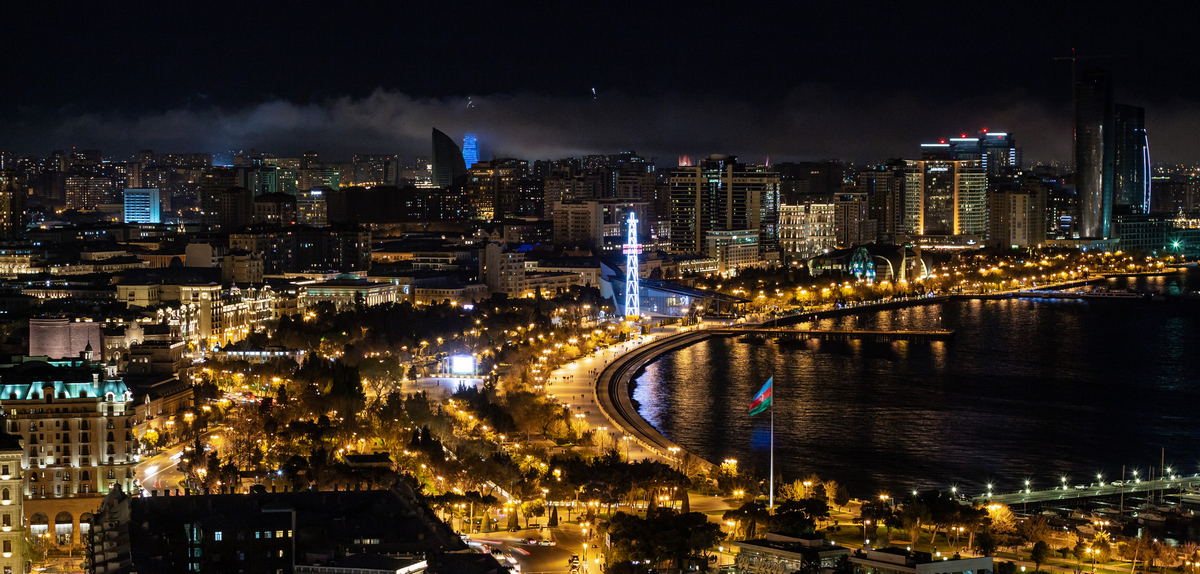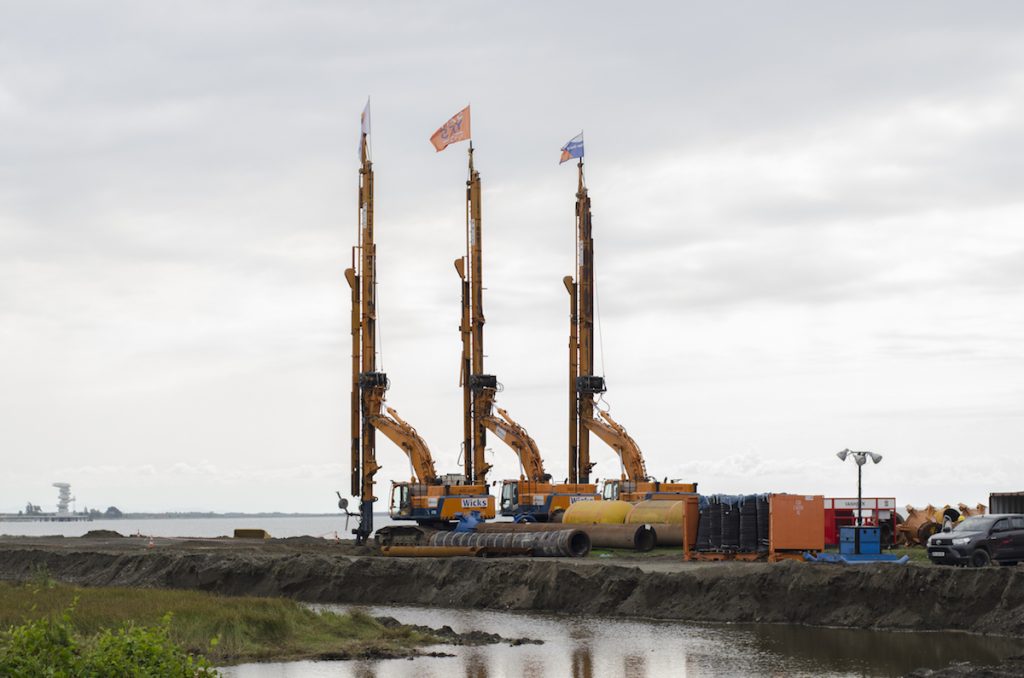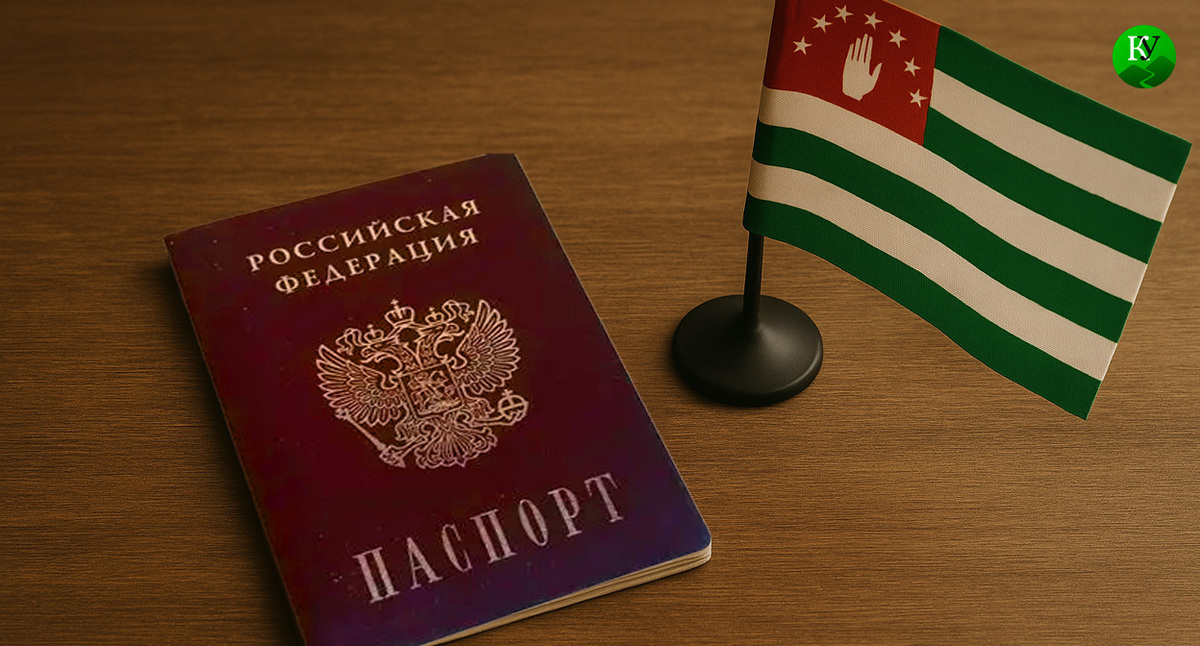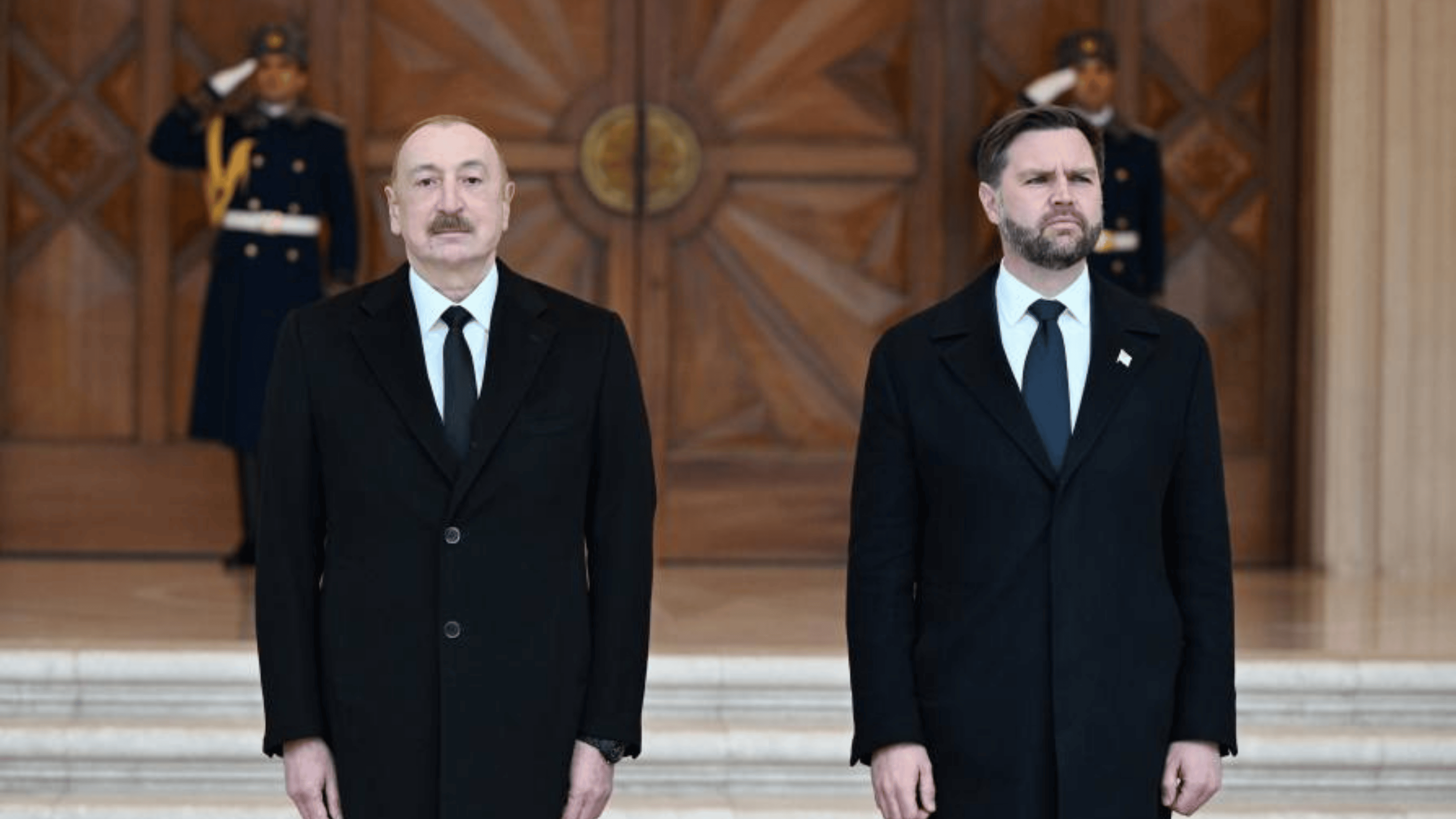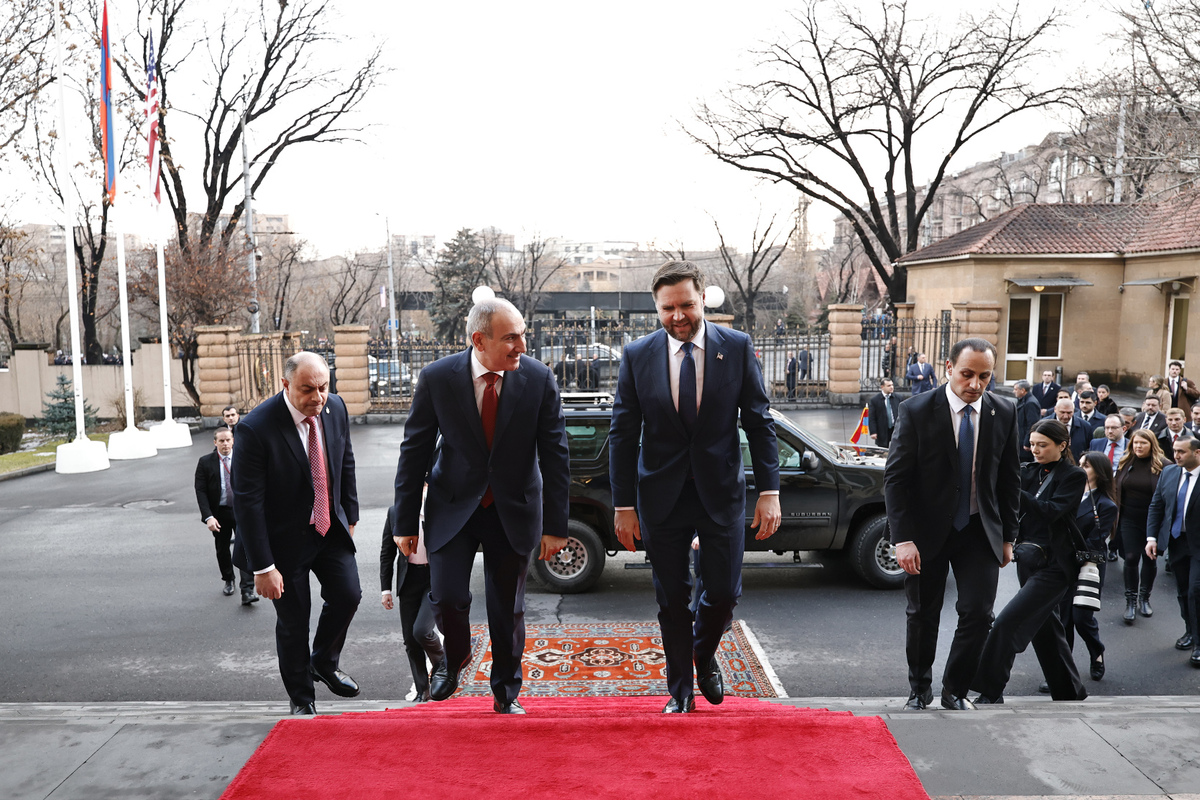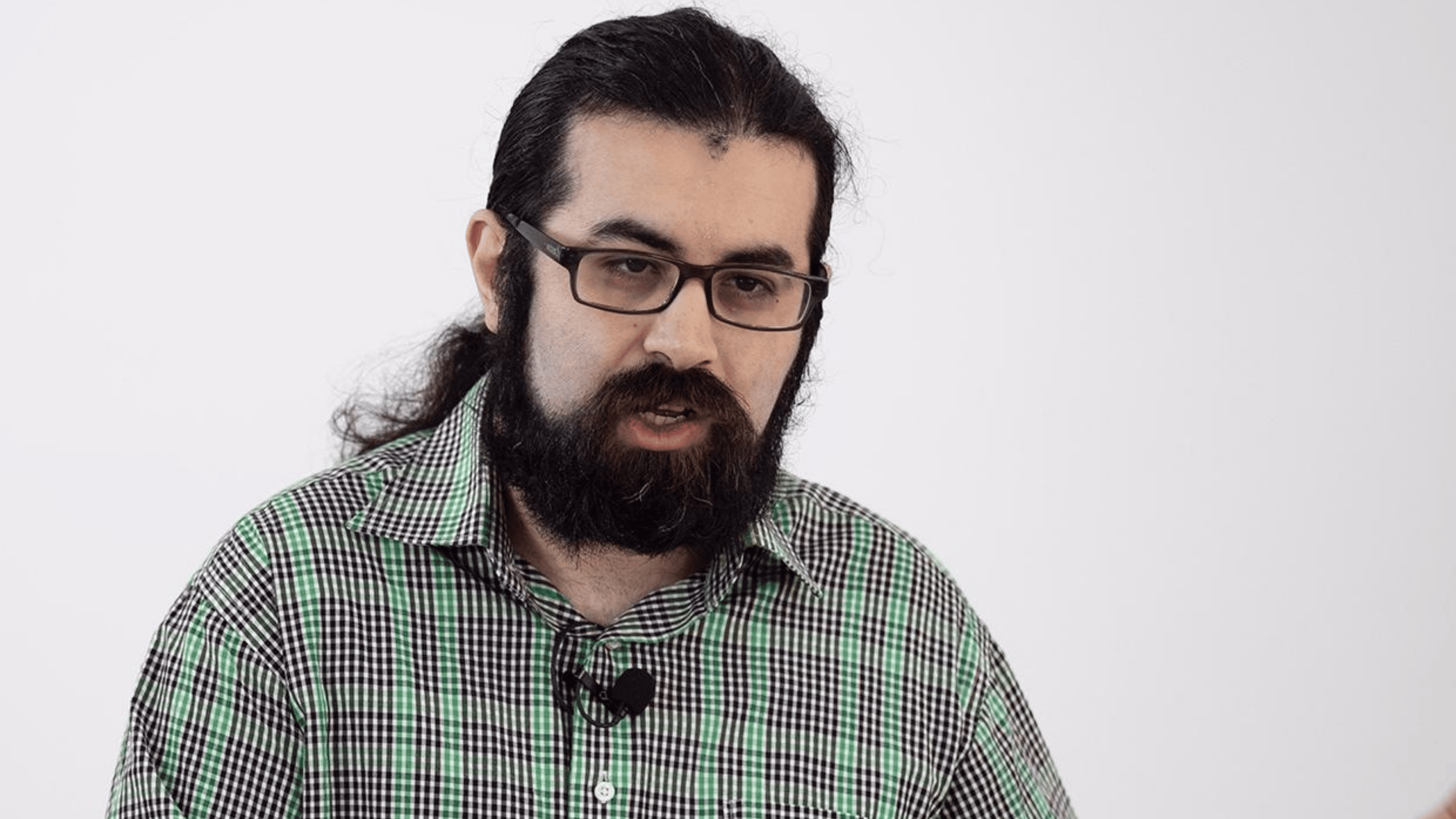"It was Sunday" - stories about the first day of the second Karabakh war
The Trajectories project invited people from both sides of the Karabakh conflict to tell what Sunday 27 September 2020 when the second Karabakh war began was like for them.
These three stories are from the Armenian side. There are also stories of the inhabitants of Azerbaijan in the “Trajectories” project.
Episode one. Yoga
In warm weather, the city stadium of Stepanakert (Khankendi) is usually crowded from the early morning – from 6:30 or 7:00. In the morning they do not play football here but do yoga and September 27, 2020, was no exception.
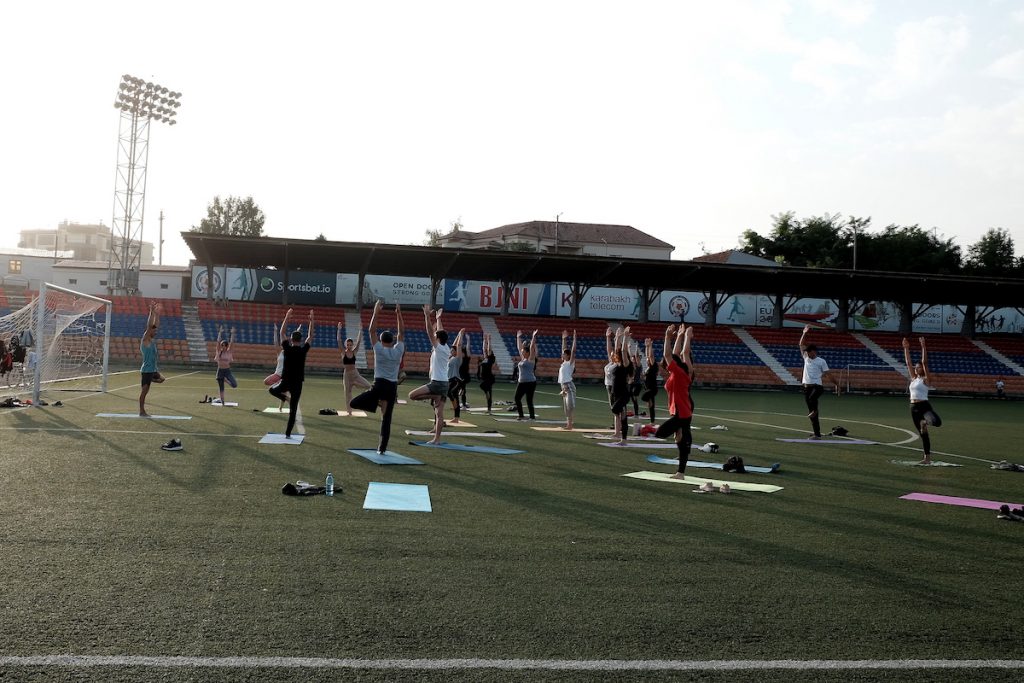
“After that morning, I have a strong association: if the day starts with good, warm weather, then something bad will happen”, says photographer and journalist Armine Vanyan, who was at the stadium that day at 7:00 am.
“Now, when I wake up in the morning and the sun is shining through the window, and I understand that there will be such a warm sunny day … I immediately have an expectation of something bad. I have bad associations with good days”, she says.
Armine heard the first explosion after seven in the morning. She says no one reacted to it, and the yoga class continued. “There was nothing to be afraid of, we got used to it, we live in a combat zone, an explosion is also a common thing”.
Frightened by the second explosion, which sounded almost immediately after the first.
“We weren’t particularly worried. For example, I went home with a light jog [in Stepanakert, the stadium is located in a lowland – author]. The confusion began later, but at that first moment everything was relatively calm, we just parted, and that’s it”, recalls Armine.
She moved away from the war to Yerevan and returned after November 10 [after the signing of the cessation of hostilities agreement].
Armine resumed yoga classes only at the end of December. Everything has changed, she said.
“When I walk over the stadium, I smell that day. I get an unpleasant feeling, it doesn’t depend on me, I can’t name it, but it seems to push me away from the stadium”.
She has the same feeling from the September morning routine – anxiety that only goes away during the day. A year later, on September 27, 2021, she plans to go to yoga again. But remember that plans can change suddenly, and your whole life can turn upside down in a second.
Episode two. Wedding and war
The wedding day of Mary and Ararat, as it usually happens, was planned in advance. And the war had been going on for about five hours when Mary found out that it had begun. Preparations for the wedding were in full swing, the TV was turned on in the living room.
“I was already in a white dress, my hair was done, I decided not to do makeup, in a word, I was ready when I heard that the war had started”.
At first, it seemed to her that the tele-message referred to a sabotage attack.
“But there was a feeling of anxiety, which reached its peak, probably, when we were already in the church”, Maria Nalbandyan talks about her wedding on September 27, 2020.
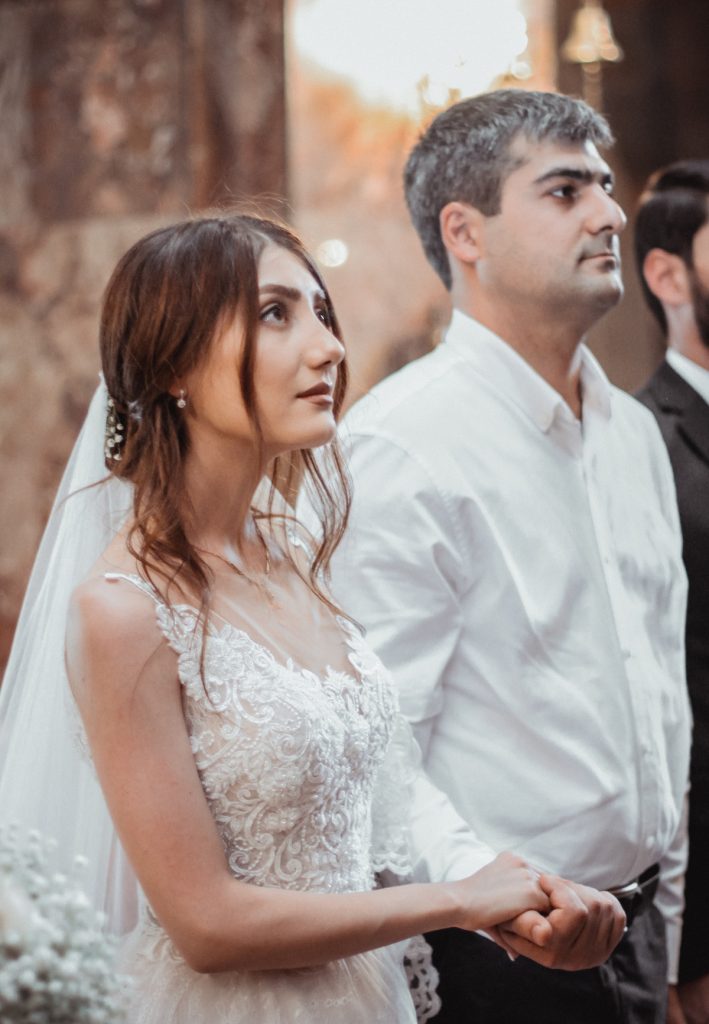
Remembering the wedding, she says that at that moment she was happy, but it was also scary. Everything happened at the same time: happiness and war, joy and sorrow.
“I was very excited. Ararat leaned over to me and said quietly: “Don’t be upset and don’t cry.” But I was already crying”.
Maria says that after marriage and war she immediately matured, grew up, everything changed.
“Of course, we didn’t have a honeymoon. I worked in a medical center and went to work – if not on the 28th, then a few days later, already on October 1. We spent our honeymoon at war and at work”, says Maria.
And now she is thinking about how to congratulate her husband on her wedding anniversary, which is also the anniversary of the war.
“We promised each other that we would have as many children as possible. We have always wanted this, our desires have not changed, but perhaps the war has strengthened it”.
Episode three. War and birth
On the day the war began, four girls and two boys were born at the Erebuni Medical Center in Yerevan.
“Obstetrics knows no night, no day, no Saturday, no Sunday”, says Norayr Nverevich Ghukasyan, an obstetrician-gynecologist at Erebuni.
On September 27, 2020, Dr. Ghukasyan was at a conference in a boarding house on the shore of Lake Sevan when he learned that the war had started. Upon learning it, he immediately went to the hospital.

He didn’t think the war would last long. It seemed to him that it would be like the “April war” of 2016. A few days, no more than that.
“During these 44 days I appreciated and realized again that I had chosen the best specialty. In all the wards of the hospital there was only pain and loss, but our life went on, every day of the war we heard the screams of newborns starting a new life”, says Dr. Ghukasyan.
After the war, his work became more difficult psychologically, he says. Now under the supervision of a doctor is more than ten pregnant women who lost their sons in the war, who hope that by giving birth to a child, to some extent, they will alleviate their loss.
“There is a woman who is already 30 weeks pregnant. I was greatly influenced by her story. On the day she found out that she was pregnant, she received the news that her son’s body had been found”, says the doctor.
“Parallel to death, there is life,” says Norayr Nverevich and ends the conversation, because he is expected in the maternity ward.
Trajectories is a media project that tells stories of people whose lives have been impacted by conflicts in the South Caucasus. We work with authors and editors from across the South Caucasus and do not support any one side in any conflict. The publications on this page are solely the responsibility of the authors. In the majority of cases, toponyms are those used in the author’s society. The project is implemented by GoGroup Media and International Alert and is funded by the European Union












